Arizona ultrarunners turn nocturnal during summer months
May 24, 2018, 1:19 PM
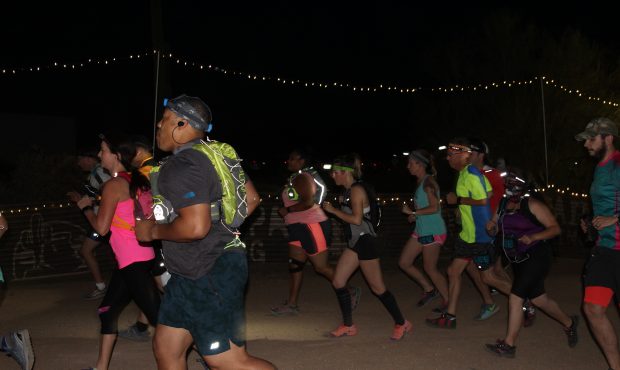
10-Kilometer race participants take off into the night. The 10K race started at approximately 8 p.m. (Photo by Max Kelley/Cronkite News)
(Photo by Max Kelley/Cronkite News)
FOUNTAIN HILLS, Ariz. — As the sun started to set beyond the red, rocky backdrop of McDowell Mountain Regional Park, hundreds of runners lined up to battle the 50-kilometer trail run ahead.
The Adrenaline Night Run is part of Aravaipa Running’s Insomniac Night Series, consisting of nine nighttime trail races orchestrated throughout Arizona’s hot summer months.
The series of races originated as a plan to help the growing community of ultrarunners in Arizona find an outlet to race and train while staying safe during the sweltering summer months — making lifelong connections in the process.
According to a 2016 USA Today study, Phoenix is the hottest major city in the United States, averaging 104.4 degrees in June and 106.1 in July, far too hot for beginners to compete in rigorous ultramarathons.
“The idea with our night series is it’s too hot to run in desert in the summer,” said Noah Dougherty, the race director for the Insomniac Night Run Series. “If you run at night it allows people to keep training.”
This night series offers marked racing courses around Arizona, ranging from 75 kilometers to the more common 5-kilometer run.
The first run begins at 7 p.m., right as the sun starts to dip below the horizon. As the race progresses, runners use only headlamps and the light of the moon to illuminate the rocky terrain ahead.
An ultramarathon is a race longer than the traditional marathon distance of 26.2 miles. And with extreme distances — such as the Adrenaline Night Run’s 50-kilometer race — comes extreme fatigue and inability to release heat from the body if not monitored properly.
Perry Edinger, a physician assistant who also helps with injury evaluation for Arizona State’s track and field program, is an ultrarunner and knows the risks firsthand.
“As the body stresses, it has a higher heart rate (and) a higher energy requirement so it increases its own temperature,” Edinger said.
Monitoring body temperature is especially important in Arizona’s dry heat, as perspiration evaporates quickly, tricking the runner into thinking they are not exerting as much energy.
“(Body temperature) kind of parlays into some of our concerns with the heat in Arizona,” Edinger said. “Because as you exercise and stress, your heart rate goes up and you create more heat inside.”
Dougherty and his team take these concerns seriously. Noting that Arivaipa’s participants range in age from 10 to 78, Dougherty said he sets up aid stations usually 9 miles apart, and 5 or 6 miles apart for looping courses like the Adrenaline Night Run.
“At those aid stations will be food, nutrition and drinks,” Dougherty said. “And then we have a first aid plan we go over every race. (Our team) knows where access points are on the course.”
Although the event staff creates safety plans for every race, there is no ambulance on site for the smaller night runs because their runs tend to be outside of the general jurisdiction of where ambulances can travel to quickly.
Instead, Arivaipa contracts out the medical transport company Medstar, citing their access to quick transportation and resources for heat-related exhaustion.
But the participants attest that they rely on each other if something goes wrong, describing the night events as more of a run than a competitive race.
“The runners themselves really look out for one another,” said Richard McKnight, a financial planner who has ran ultramarathons for over a decade. “If you ran out of water, they’d give you their water. It’s really a fascinating thing from a sport aspect.”
This type of camaraderie keeps the runners coming back. And there is no better example than McKnight, who met his wife at Arivaipa’s very first event back in 2010.
“After a 100-mile race you’re like, ‘I’m never going to do this again, this is horrible, this is a bad idea,’ and then you forgot all that as soon as you cross the finish line,” McKnight said. “You’re on the computer the next day figuring out what one you want to sign up for next.”
McKnight said the unique atmosphere and well-planned events bring more and more talented runners to Arizona every year.
“The elite (runners) have gravitated to Phoenix and Flagstaff because of our diversity, terrain and our weather,” McKnight said. “It’s really become a mecca for world-class ultrarunners.”
As interest in Arizona’s ultrarunning community grows, Dougherty said the group will continue to provide enjoyable, safe racing experiences throughout the summer.
“I think (ultrarunning) is growing at a sustainable rate,” Dougherty said. “We want people to get out and remember how awesome it is in the desert and in the forest.”

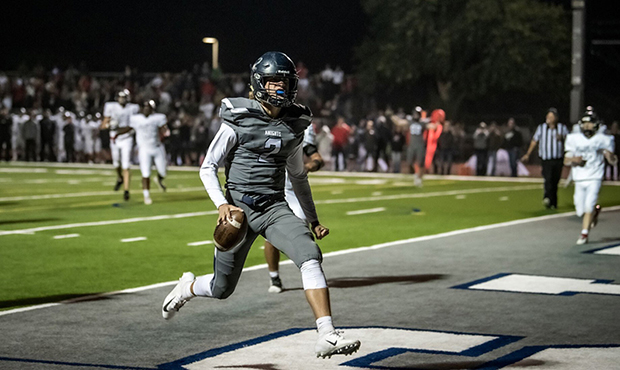
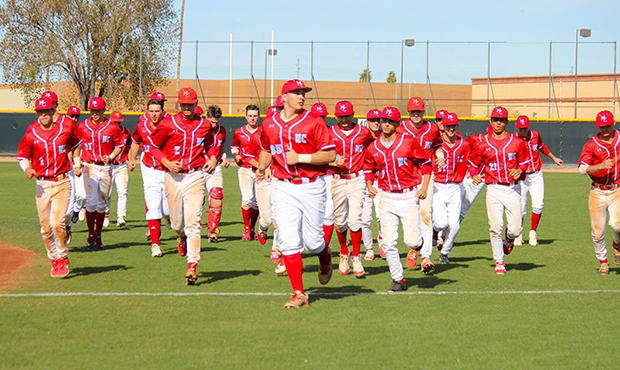
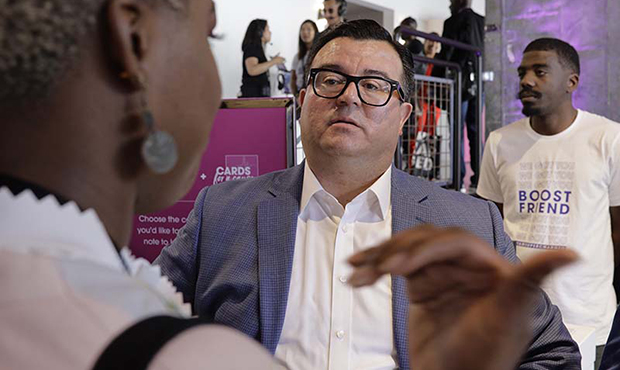
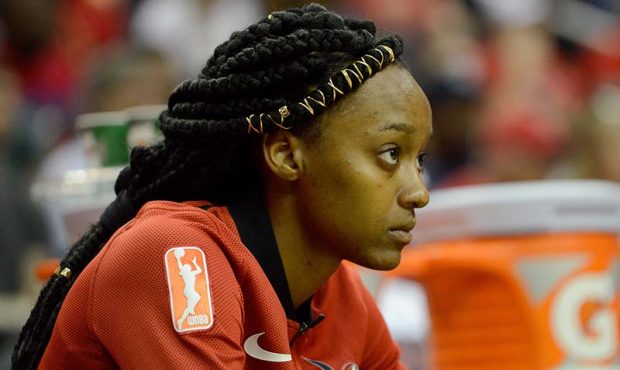
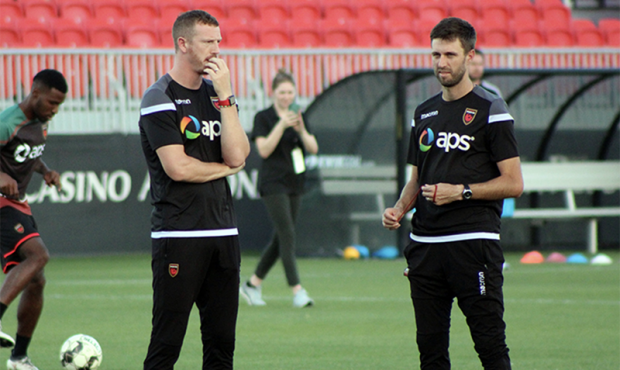
Comments